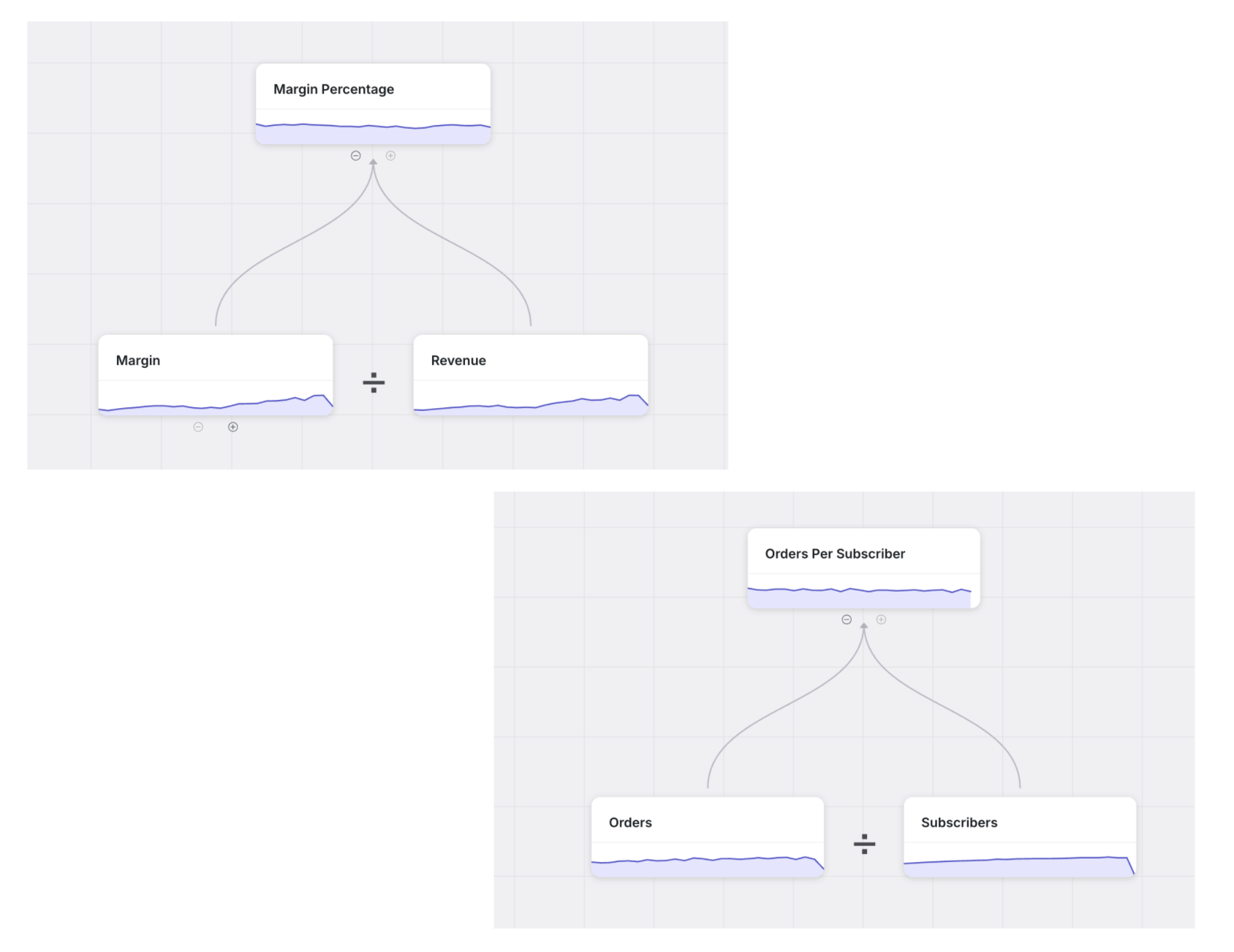There are fundamental differences between a reporting-driven culture and an analytics-driven culture. If you want to leverage data to navigate these difficult times, these differences have serious consequences.
The easily observed differences are shown below.

But, there are serious second order consequences of a reporting-driven culture as shown in the second table.

The biggest implication of these differences is that in a reporting-driven culture, data and business teams communicate purely as producer-consumer speaking two different languages. In contrast, in an analytics-driven culture, business and data teams work closely together to drive business metrics. In these economic conditions, it is clear which culture increases the chances of survival and growth.
One final but important point: it is a lot more expensive to build an analytics culture than a reporting culture. This is because the mechanism to achieve this is to hire highly technical data analysts who can drill deep into business data. This talent is hard to come by, and quickly becomes a bottleneck.
With the resurgence of data modeling efforts, there is an opportunity to exploit business semantics and concepts like metric trees to significantly improve the productivity of analytical operations. I'm excited for this future!







